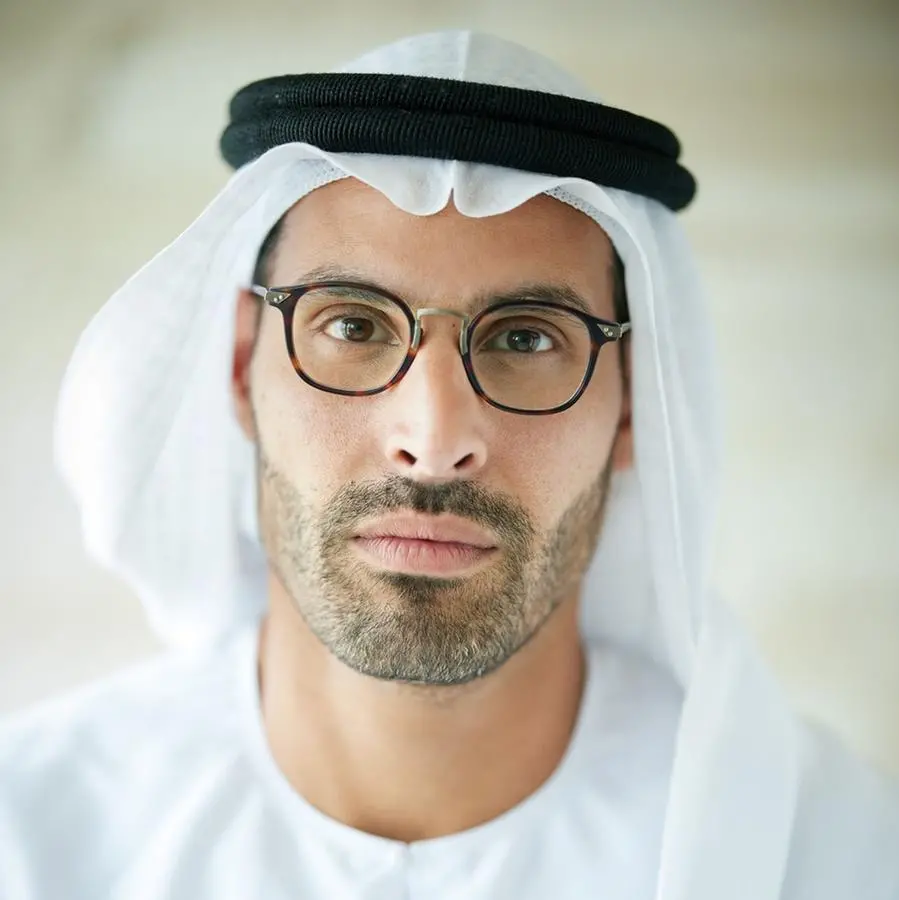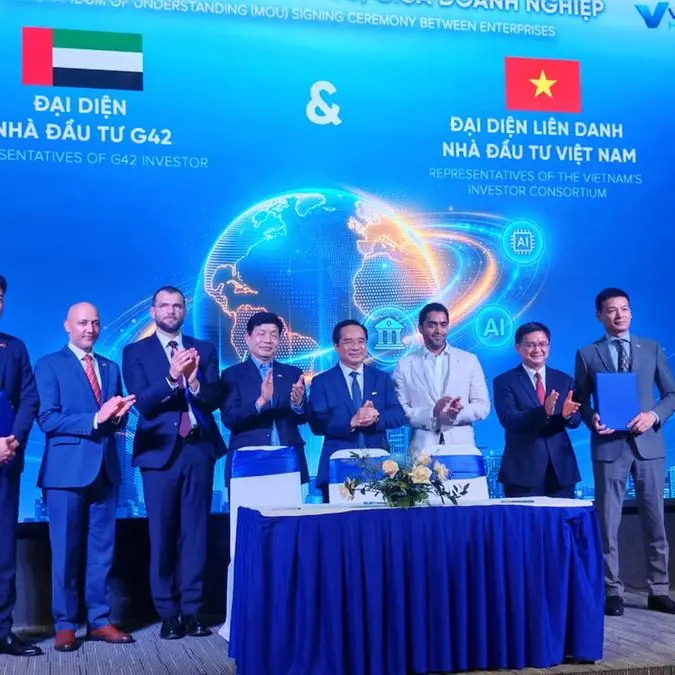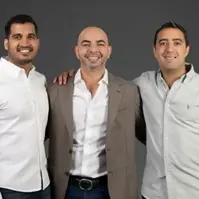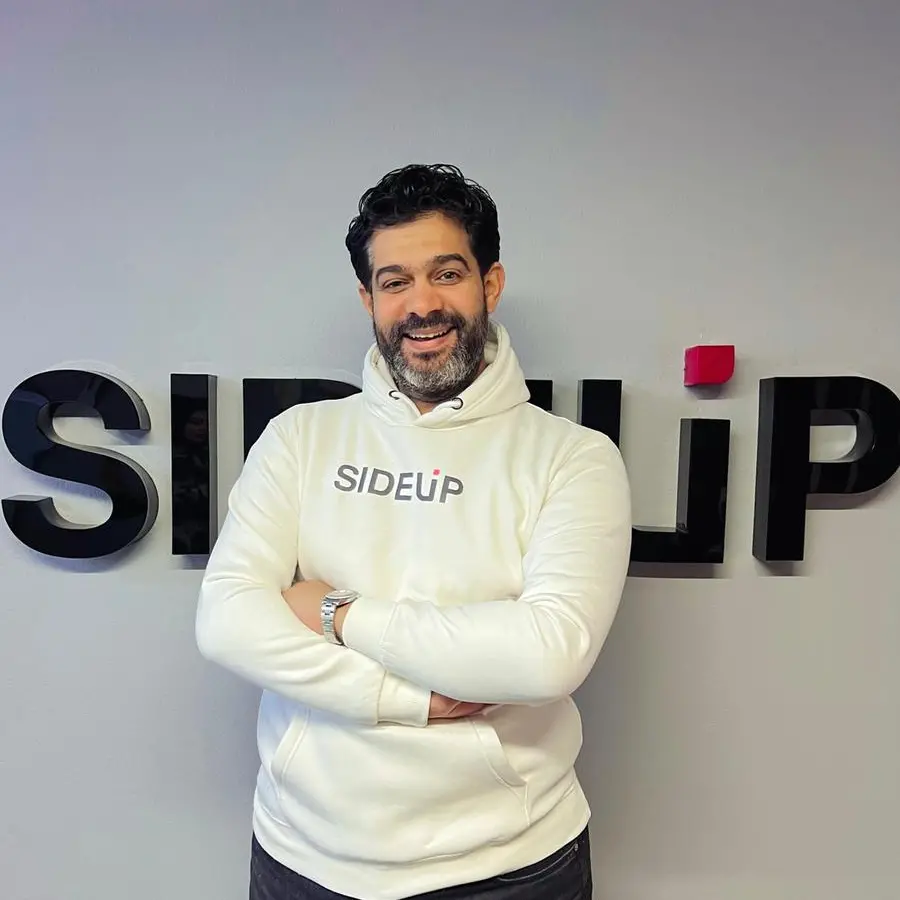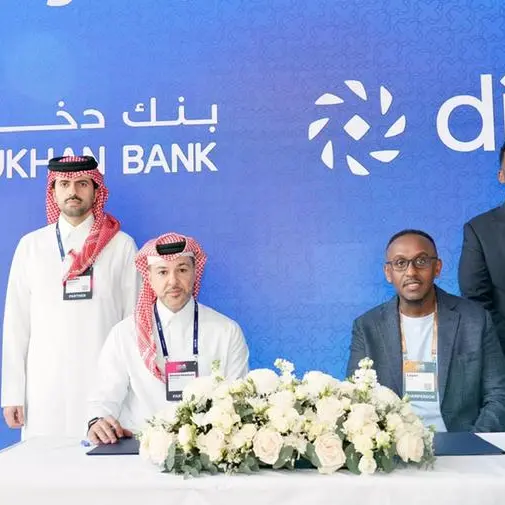- Key issues and opportunities to be discussed at the Procurement and Supply Chain MENA event later this month
Middle East businesses must develop their capabilities and embrace new technologies to take advantage of a “once in a lifetime” opportunity to tackle increasing threats to the global supply chain, according to industry experts who are set to convene in Dubai at the Procurement and Supply Chain MENA Summit on 30 October.
Sam Abchampong, Head of the Chartered Institute of Procurement and Supply (CIPS) MENA, Dirk Karl, MTN Group Executive and CPO, and Maha Bouzeid, VP Head of Sourcing in the MEA region for Ericsson, are among the line-up of respected industry figures who will be participating in the Summit.
While all agree that the Middle East is relatively well-placed to weather the worst excesses of key issues such as protectionism and global trade wars, Achampong warns that more needs to be done to ensure the right tools and capabilities are in place for companies to deliver industry best practice.
“Technology itself is an enabler rather than a risk,” he says. “However, the lack of readiness to deploy the correct systems and solutions, as well as a shortage of talent with the relevant skills to be able to operate and add value in today’s business environment, is a risk.”
While the region’s proactive approach to technology puts it in a strong position to adopt the latest solutions such as artificial intelligence (AI), Robotic Process Automation (RPA), Big Data, the Internet of Things (IoT) and Blockchain, Achampong believes training and development must be prioritised.
He adds: “Industry 4.0 technologies provide a once-in-a-lifetime opportunity for procurement and supply practitioners to re-examine what skills are needed, what tasks are crucial and what activities can be better undertaken by the technology at our disposal. The availability of increasingly effective technological tools allows procurement and supply practitioners to focus on strategic objectives aimed at generating real value and competitive advantage for an organisation, free of repetitive and transactional tasks.
“There is some way to go, however, to ensure that capability development initiatives continue to be in line with the skills required by employees now and in the near future.”
MTN’s Dirk Karl agrees that technology has a major role to play in strengthening supply chain management in the Middle East. He says: “There is a lot of investment into cognitive technologies in the UAE and exposure to some of the best conferences centred around technologies such as AI and machine learning, so we are well positioned to implement these to increase visibility and gain new levels of understanding using data to predict supply chain disruptions and put mitigation measures in place to reduce risk.”
Karl believes those companies which are proactive will be best equipped to mitigate the potential for supply chain issues: “The best way to capitalise on supply chain risks is to be better than your competition at managing them. If you are an organisation who is an early adopter of technology and process then you are more likely to be able to manage supply chain disruption, maybe even avoid it fully.”
According to Ericsson’s Maha Bouzeid, companies in the UAE can also draw on the benefits of the country’s safe and stable working environment. She says: “The UAE is well equipped to deal with supply chain risks as it facilitates a base for international companies to establish themselves in the region. Safety, telecom infrastructure, schooling and healthcare are key factors for companies to choose the UAE over less safe or stable options. That is why Ericsson has invested in the establishment of a Supply Hub in Dubai to support the Middle East and East Africa markets. Businesses need to highlight the safety and the added value of doing business both with the Middle East, and within the Middle East through the UAE.”
Bouzeid also urges businesses to have an adaptable, long-term approach, adding: “They need to be flexible in their cost base to cope with economic dynamics, and provide true added value for Customers with affordable products and services.”
Karl suggests that the Middle East also has a natural advantage over other parts of the world because of its geographic location, adding: “A key benefit for Middle East businesses is the ability to access supply chains easily from the East or West, making it potentially less disruptive to make a switch if the need arises.”
Procurement & Supply Chain MENA, in partnership with CIPS MENA, will gather heads of procurement & supply chain to share big picture, business-led strategies on how not only to guarantee supply during industry flux, but become a key value driver, innovator and business partner for any organisation. With over 200+ senior delegates, 50+ superstar speakers and six topic tracks, the event provides a day of real-life experiences and actionable use-cases for any budget.
Organized by Ventures Middle East and B2B Connect (Ventures Connect), leaders in consulting and events management in the Middle East, the event will host subject matter experts, including: Hani M. Alsaigh, Technical Procurement General Manager, Saudi Telecom Company; Waleed Al Saeedi, Director of Supply Management, Department of Culture & Tourism Abu Dhabi; Mohammed Y. Al-Sogour, Director Global Supplier & Material Management, SABIC; Lisa Campbell, Chair of CIPS MENA Fellows & Director of Procurement, University of Sharjah; Jennifer Muller, Director Regional Procurement Near East, Beiersdorf; Dr. Arafat El Mourad, Vice President - Head of Strategic Sourcing, Emirates NBD; Mina Hakim, General Manager Group Procurement, Al Futtaim Group; and Sulaiman Abdulla, Manager Contracts and Procurement Section, TRA.
For more information, please visit: http://www.procurementandsupplychainmena.com
-Ends-
For more press information or to request media interviews, please contact Tracey Thompson on: 055 378 2297 or email: tthompson@b2bconnectuae.com
- Disruptive technologies which are set to shape the future of the procurement industry include:
- Artificial intelligence (AI) – higher levels of trend analysis, with risk modelling used to predict risk patterns.
- Robotic Process Automation (RPA) – Simplification of time-consuming repetitive tasks such as supplier qualification and due diligence. Allow procurement to focus on strategic sourcing and adding true value to an organisation
- Big Data – Utilising massive amounts of data to increase supply chain visibility and using cognitive analytics to support fact-based decision making
- Internet of Things (IoT) – IOT can be used to send notifications from remote sites/locations, meaning operational efficiencies for spare parts management, less downtime of sites etc.
- Blockchain – Main use case here is around supplier authentication, certifications etc.
- Cognitive Technologies – Providing real time insights, market information and scenario planning to mitigate risk
- The Procurement and Supply Chain MENA Forum is organised by Ventures Connect, a partnership between b2b Connect and Ventures Middle East; two businesses committed to empowering companies across the Middle East and Africa Region while enabling critical connections with key stakeholders and decision makers across various industries. b2b Connect designs, manages and produces content and events for a range of industry-leading clients in the Middle East, North Africa and Turkey. For more information, visit:b2bconnectgcc.com. Ventures Middle East is an international management consulting company providing strategic business advisory services across the GCC and the wider MENA region. For more information, visit: www.ventures-me.com
Disclaimer: The contents of this press release was provided from an external third party provider. This website is not responsible for, and does not control, such external content. This content is provided on an “as is” and “as available” basis and has not been edited in any way. Neither this website nor our affiliates guarantee the accuracy of or endorse the views or opinions expressed in this press release.
The press release is provided for informational purposes only. The content does not provide tax, legal or investment advice or opinion regarding the suitability, value or profitability of any particular security, portfolio or investment strategy. Neither this website nor our affiliates shall be liable for any errors or inaccuracies in the content, or for any actions taken by you in reliance thereon. You expressly agree that your use of the information within this article is at your sole risk.
To the fullest extent permitted by applicable law, this website, its parent company, its subsidiaries, its affiliates and the respective shareholders, directors, officers, employees, agents, advertisers, content providers and licensors will not be liable (jointly or severally) to you for any direct, indirect, consequential, special, incidental, punitive or exemplary damages, including without limitation, lost profits, lost savings and lost revenues, whether in negligence, tort, contract or any other theory of liability, even if the parties have been advised of the possibility or could have foreseen any such damages.


